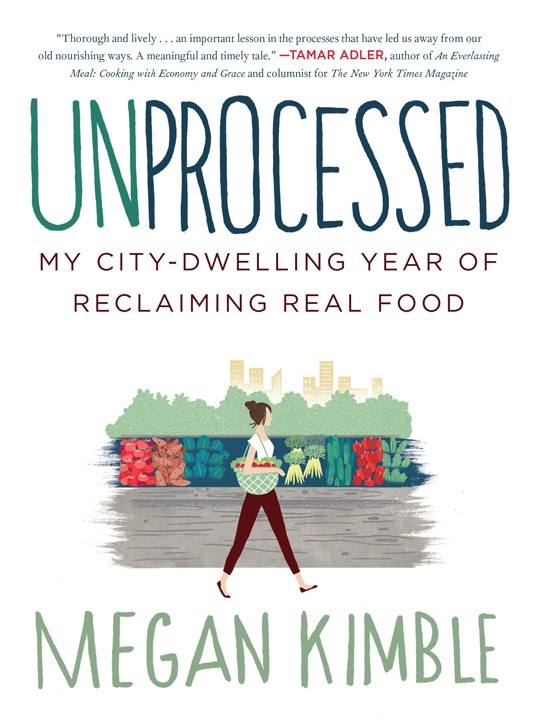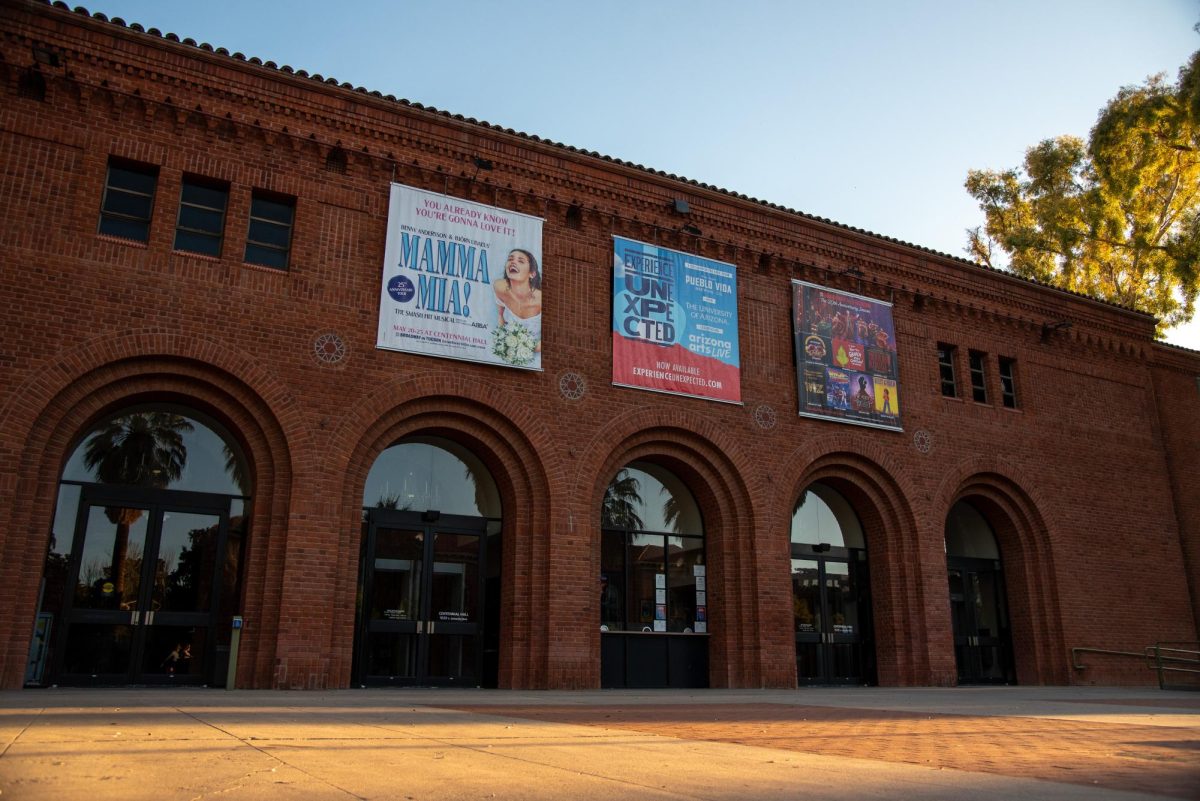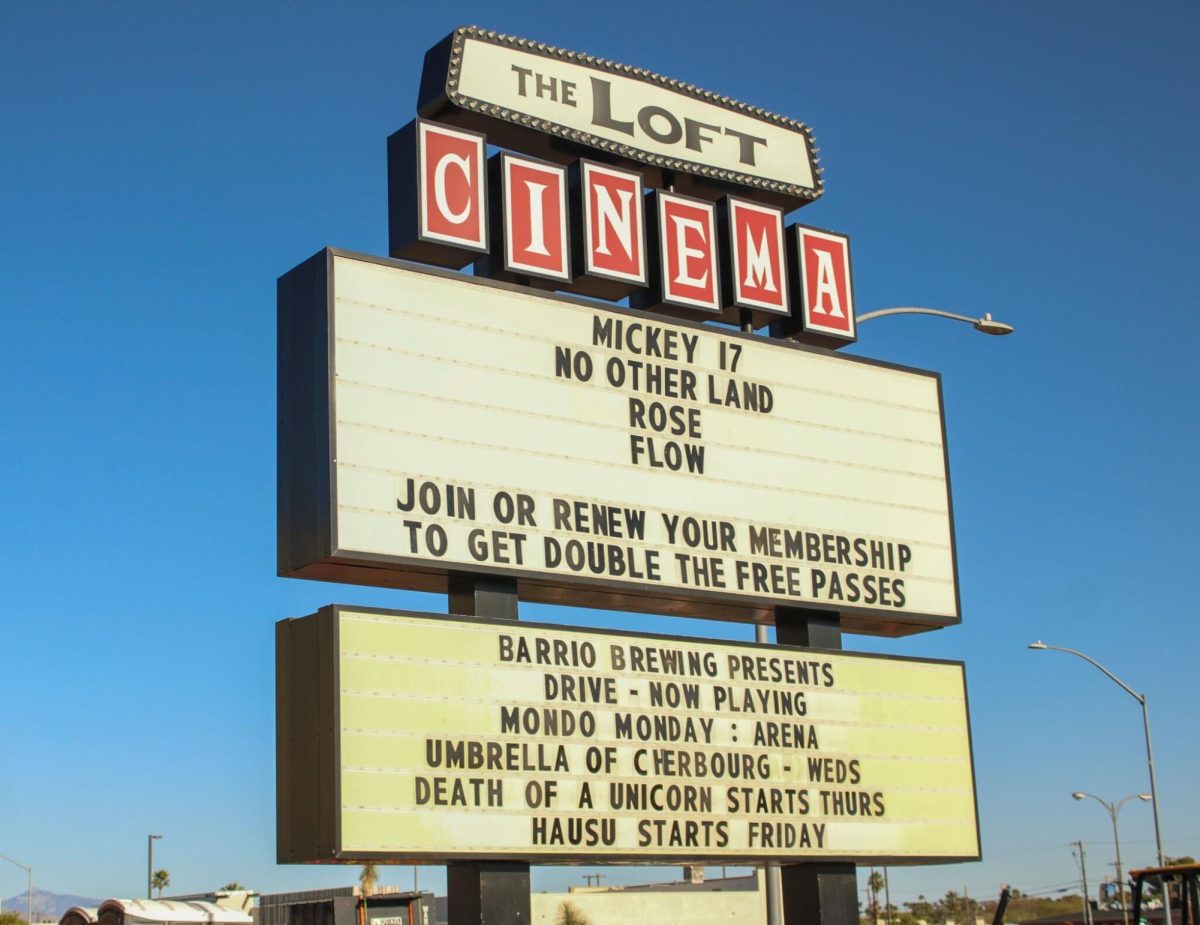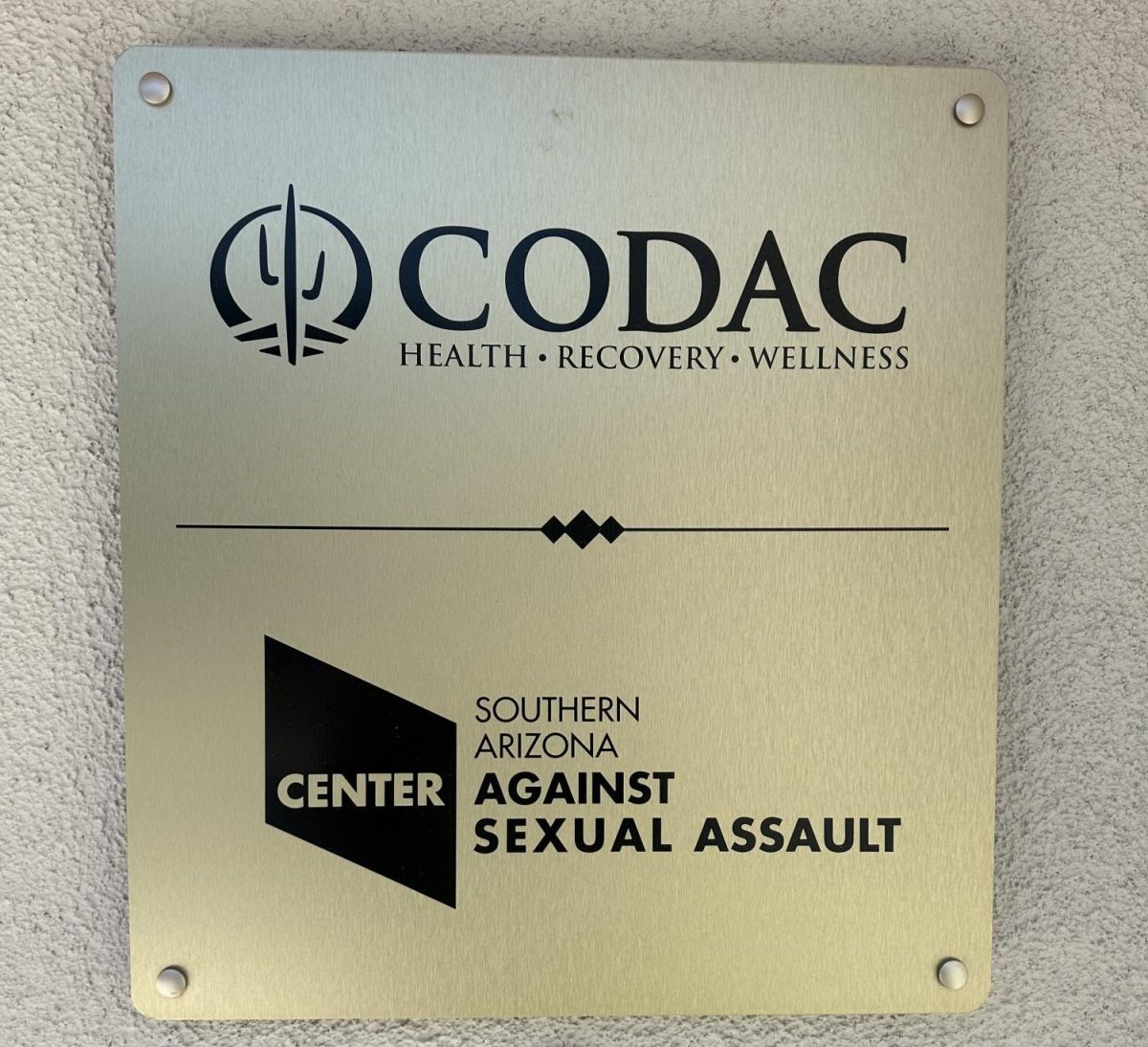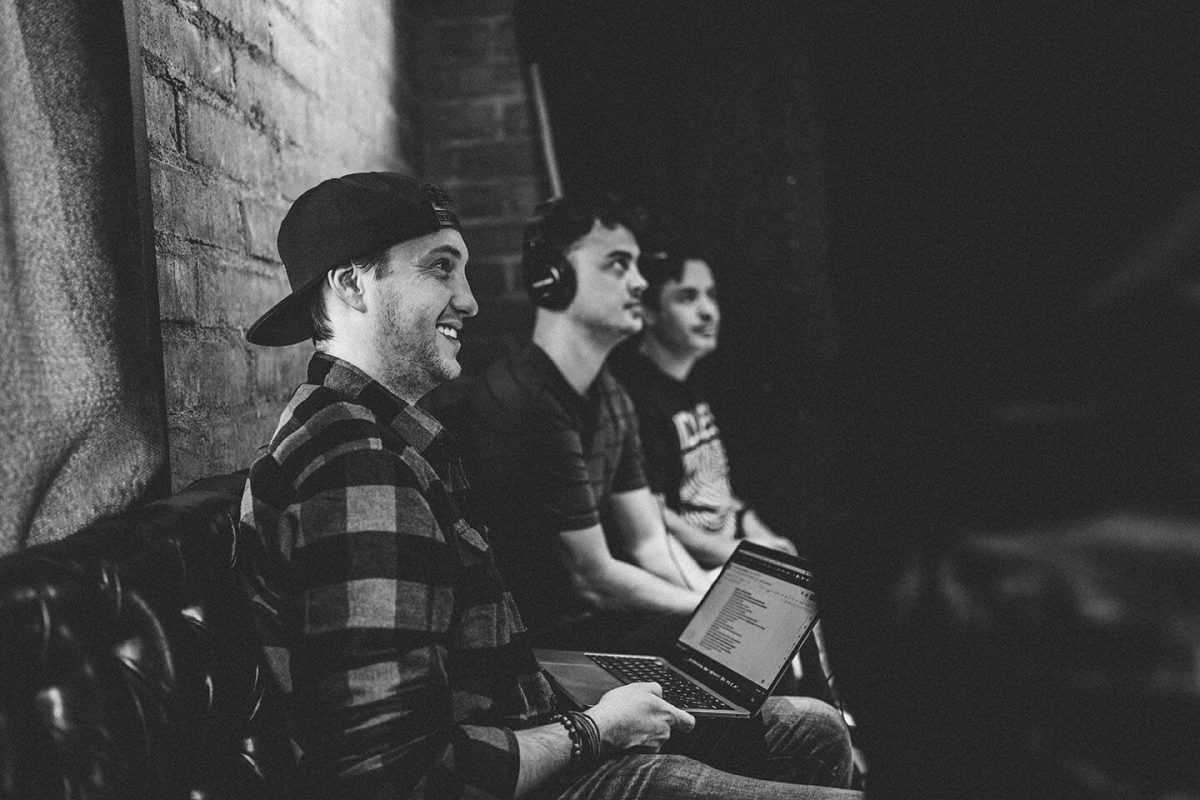As a health-conscious individual and self-proclaimed foodie, I find myself stocking up on every food-related book I can get my hands on. Everything from Michael Pollan’s “In Defense of Food,” to Hannah Hart’s “My Drunk Kitchen,” to the endless supply of Pinterest recipes.
Whether it’s scientific or comical, I take what is most applicable and attempt to integrate the information into my life. But as a college student with a limited budget and limited time, I have found that it is difficult to fully integrate many health theories into to my own life—and especially difficult to perfect those immaculate Pinterest deserts.
Now, Megan Kimble did something different while writing “Unprocessed: My City-Dwelling Years of Reclaiming Real Food.” Rather than simply stating the facts about why it is better for our bodies to eat unprocessed food, and the repercussions on the environment and the economy. Kimble wove together personal stories detailing her relationship with food, tidbits of her life experiences, while depicting her year-long adventure of removing all unprocessed food from her life.
At the time of her experiment she was 26, working toward her master’s degree and living off a $16,780 income in Tucson. I was instantly intrigued.
How is it possible for someone to eat whole foods without breaking the bank while maintaining a social life and not purchasing a farm?
“Don’t let the perfect be the enemy of the good,” Kimble explained while discussing her inability to mill her own wheat to make bread on a regular basis. She makes a point out of providing ways to navigate the unprocessed realm without sacrificing daily comforts and maintaining an equilibrium of imperfection.
We must come to terms with the idea that in life, as in eating, it is impossible to expect perfection. As Kimble discusses, people across the U.S. spend their time shifting through aisle after aisle in grocery stores, searching for most colorful and perfectly shaped fruits and vegetables they can find. Producers supply consumers with what they want, and that has become a widespread idea of perfection.
Kimble explains how important it is for each individual to find alternatives to the mainstream ways of finding food. She is a member of Tucson Community Supported Agriculture, which furnishes her with a weekly supply of locally grown produce for twenty dollars.
The offerings of produce typically come from a selection of heirloom vegetables and fruits, meaning that every beet or carrot is shaped and colored uniquely, is not genetically modified or sprayed with pesticides, and tastes as vegetables should.
For those who can’t afford to shop at Whole Foods Market or stock up on organic produce, CSA offers an inexpensive way to insert unprocessed and wholesome foods into your life.
Kimble also provides local resources for Tucson community members. For example, the University of Arizona Community Garden offers people the opportunity to grow their own food on a plot of land. The program not only provides individuals with sustainable food sources, it creates a sense of community and allows people to appreciate what they put in their bodies.
In her book, Kimble also discusses Native seeds/SEARCH, a seed-saving nonprofit that aims to provide food security and education about indigenous produce. She also recommends ReZoNation, a local farm that produces a range of produce, honey and poultry for Tucson community members.
One of Kimble’s obsessions is chocolate, but after endless searching she was unable to find a chocolate brand that did not incorporate refined sugar, chemicals or preservatives. So she went on a hunt of her own to bring back the smooth, creamy goodness she longed for.
After a bit of trial and error in the kitchen, Kimble settled on a combination of cocoa powder, cocoa butter, vanilla, honey and a dash of salt. This simple list of ingredients produced as she described a quick yet scrumptiously melt-in-your-mouth chocolate bar.
Kimble and her journey to reclaim real food within an urban space shows that, despite the trials and tribulations of maintaining an unprocessed diet, there are entire communities that offer ways to assist you in your journey. With a little heart and a lot of effort, a sustainable urban diet is within reach for those who seek it.
When looking for a realistic, relatable and entertaining read, look no further than Kimble’s “Unprocessed.”



